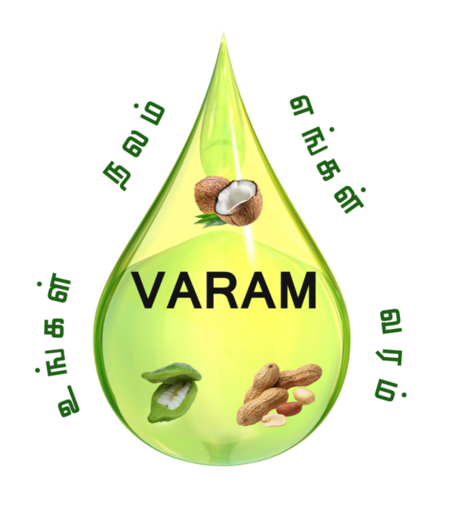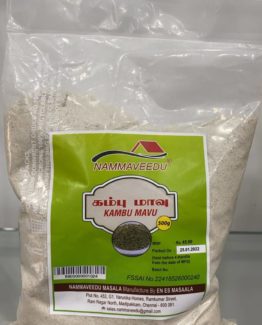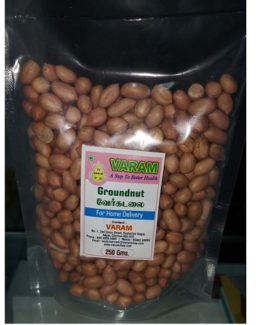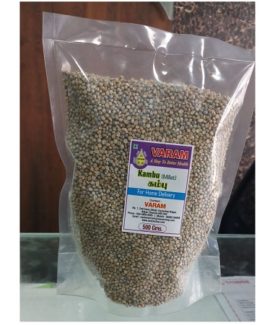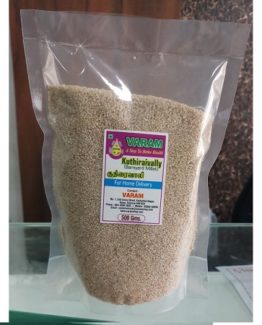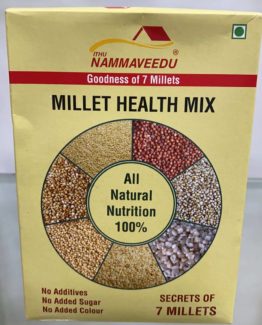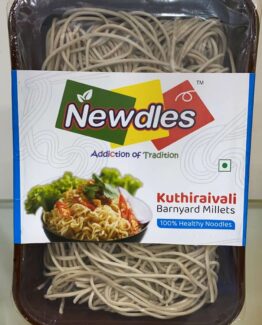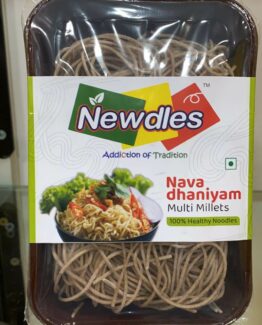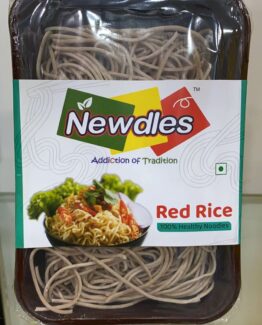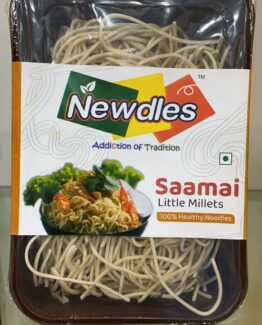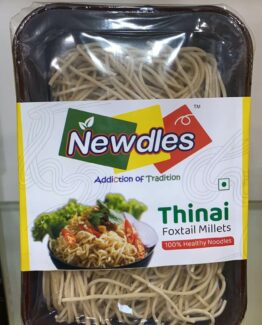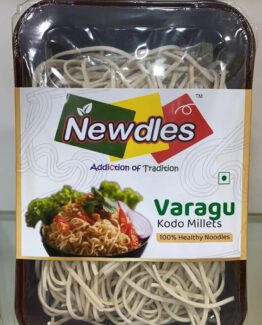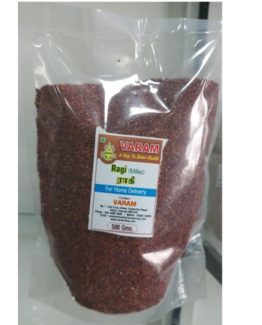The best health benefits of millet include its ability to protect the heart, prevent diabetes, improve the digestive system, lower the risk of cancer, detoxify the body, improve respiratory health, boost the immune system, increase energy levels, and improve the muscle and nerve health.
What is Millets?
Millet may not be the most common type of seed crop that you’re expecting on your table, but in fact, this group of variable small-seeded grasses is cultivated throughout the world, both for livestock feed and human consumption. It is mainly grown in developing countries, but its ability to grow in relatively harsh, arid, and dry environments makes it an ideal crop for many countries.
Although there are different varieties of millet grown around the world, the most common cultivar is Pennisetum glaucum, also known as pearl millet. In terms of history, millet likely originated in Africa but then spread through Asia and the Middle East as early as 10,000 years ago. Its reliability to survive in harsh conditions made it a perfect crop and is still preferred for that reason today.
India cultivates over 8 million tons of these grains every year, followed by Africa and China. Millet can be used as a traditional cereal, and can also be used in porridge, snacks, and other types of bread, as it is very high in starch, like other grains. It is also a very good source of nutrients, vitamins, minerals, and organic compounds that can significantly boost human health in various ways. It is receiving additional attention in recent years, as Celiac disease seems to be a larger and well-known condition. Millet is gluten-free, so Celiac sufferers can turn to it as their source of grains, instead of wheat. In terms of basic food staples that are praised as the simplest and most valuable additions to diets around the world, millet provides the most energy, as well as the most fat and B-vitamins.
Millet Nutrition Facts
Millet is important because of its uniquely high content of nutrients, including impressive starch levels, vitamin B, calcium, iron, potassium, zinc, magnesium, and fats. Furthermore, there are significant levels of protein and dietary fiber in millet as well, which contribute even more to the health benefits of this important grain!
Health Benefits of Millet
This grain is rich in nutrients, vitamins, and minerals that provide many benefits. Let’s take a look at them below:
Protects Heart Health
Millet is one of the best possible grains to add to your diet if you want to protect your heart. It is a rich source of magnesium, which is an important mineral for reducing blood pressure and the risk of heart attack or stroke, particularly in the case of atherosclerosis. Millet is also a great source of potassium, which further keeps blood pressure low by acting as a vasodilator. Reducing your blood pressure and optimizing your circulatory system is one of the best ways to protect your cardiovascular health. Furthermore, the plant lignans found in millet can be converted into animal lignans by the microflora in our digestive system and these animal lignans have been shown to protect against certain chronic diseases, like cancer and heart disease.
Controls Cholesterol Levels
Cholesterol levels go hand-in-hand with heart health, so the high fiber levels in millet make for an ideal cholesterol-lowering approach. Dietary fiber eliminates [5] dangerous bad cholesterol (LDL cholesterol) from the system while promoting the effects of good cholesterol (HDL cholesterol).
Prevents Diabetes
Diabetes is a disease affecting millions of people around the world. Millet is a beneficial food staple in many countries (where diabetes is less frequently found). It is, perhaps, because one of the effects of millet is a reduced chance [6] of type 2 diabetes, thanks to the significant levels of magnesium found in it. Magnesium is considered as one of the important minerals for increasing the efficiency of insulin and glucose receptors in the body, thereby preventing this disease. A 30% reduction in diabetes has been seen in the population that consumes a magnesium-rich diet.
Aids in Digestion
As most fiber-rich foods boast, millets can help move your gastrointestinal system along and eliminate problems like constipation, excess gas, bloating, and cramping. By regulating your digestive processes, you also improve your nutrient retention and reduce your chance of more serious gastrointestinal conditions like gastric ulcers or colon cancer. Regular digestion and elimination of waste also help optimize your kidney, liver, and immune system health, as those organ systems are closely related to the body’s metabolic activities.
Prevents Cancer
Recent research has revealed fiber to be one of the best and easiest ways to prevent the onset of breast cancer in women. In fact, women can reduce their chances of breast cancer by more than 50% by eating more than 30 grams of fiber every day. Given that breast cancer is one of the most common and deadliest forms of cancer, this is an advice that every woman should consider!
Detoxifies the Body
Many of the antioxidants in millet can clean up toxins from your body. Quercetin, curcumin, ellagic acid, and various other beneficial catechins can help rid your system of any foreign agents and toxins by promoting proper excretion and neutralizing enzymatic activity in certain organs.
Prevents Asthma
Research has come to light showing that millets can significantly improve the quality of life for people suffering from asthma since childhood and can also prevent it from developing in the first place. Although some of the evidence is controversial, it is shown that significantly less wheezing and asthma attacks (by more than 15%) were seen in children who had a large intake of grains like millet. As wheat is a common allergen associated with asthma and wheezing, millet does not have the same components and hence, does not have this negative effect.
Word of Caution: Given the modern stresses on our body, particularly to our glandular system, the excessive work needed to digest and process millet may be damaging. Consider speaking to your doctor about your glandular and thyroid health before making a major shift to a millets-heavy diet.
